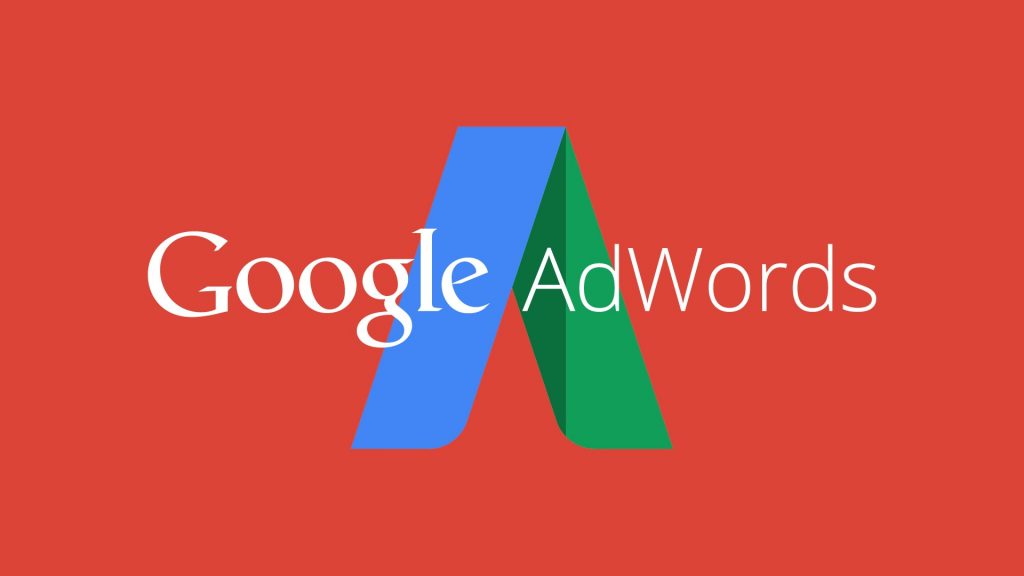
Most businesses, especially those who are B2C, whether SME or large corporate need a pay-per-click (PPC) advertising strategy. While it might be hard to rank organically in Google, you can give your website a little boost by paying to have adverts displayed in the results. Think about it as bribery, only legal…
Why you need a PPC strategy
PPC is known to be one of the most profitable marketing channels, and it’s the best way to generate a high ROI (up to 5 times higher than any other online advertising channels).
Providing you choose your keywords wisely, PPC can be a great way for small businesses and start-ups to start getting their brand recognised. It doesn’t matter how much money you’re making – you’ll be able to control your budget and the amount you spend, and since you only pay when someone clicks on your advert (it’s in the name) you might even spend less than you expected.
You also get to target your potential customers: your PPC campaign will include precise targeting, with demographics, interests, location and more to choose from, to make sure only the people you want to see your adverts do.
The importance of relevance
Perhaps the most essential thing for a successful paid search campaign is paying special attention to relevance at each stage. By stages, we mean the journey that each customer will take when finding your website or product:
1. Keyword – the customer enters a keyword into their search engine
2. Ad copy – they see your ad copy (or organic listing)
3. Website – the customer clicks your ad and visits your website
Each of these steps has a certain amount of drop outs, the industry average CTR is 2% (so if 100 people search, on average 2 people will click your ad). Relevance is how you increase the CTR and when those visitors do get to your site, ensure they have the best chance of turning into customers.
Making your keywords relevant
Keywords are often seen as the easiest part of building a search campaign – if you sell shoes, you just need to bid on ‘shoes’, right? No. For starters, this keyword is very generic, and will command a high cost-per-click. Secondly, if money is tight you could be wasting valuable chunks of your budget on customers who are still in the first stage of the buying cycle – awareness. While this is great for big brands and household names, and they don’t hesitate to do this continuously, it won’t work as well for smaller businesses looking for immediate and measurable ROI.
A good way of bringing relevance into your keywords is by making them longer and more specific, so they’ll fit in later stages of the buyer’s journey:
· ‘Men’s shoes’ is an awareness-stage keyword
· ‘Ted Baker men’s shoes’ is a consideration-stage keyword
· ‘Buy Ted Baker brown men’s shoes’ is a purchase-stage keyword
While you ideally want to use purchase keywords, you may find search volumes are lower. And creating tons of ad copy for just one or two clicks isn’t exactly a great return on your time investment! If this is the case, you may want to use a search term that sits higher up the funnel (like ‘Ted Baker men’s shoes’); it’s still quite specific, so hits the relevancy factor, but it will save you time creating hundreds of Ad Groups.
In the future, and as your campaign grows, look to build it out and create specific ad copy for purchase keywords. If your conversion tracking is set up properly, you’ll be able to see what keywords are converting and concentrate on those.
Creating relevant ad copy
Once you have your keywords, the next step is ensuring your ad copy is relevant to those. If you are bidding on ‘Ted Baker men’s shoes’, but your ad copy only mention men’s shoes and leaves the brand out, you’ll lose potential clicks.
In the search results, whatever words the user searched for that match your ad copy will be in bold, making your ad stand out further – and making clicks more likely. Also, if a competitor of yours does include ‘Ted Baker’ in their copy, and you don’t, the customer may perceive them to be more relevant to what they’re looking for, and click on that ad instead of yours.
Please be aware that if you are an affiliate of a brand name, some have policies that restrict bidding on brand terms. Your affiliate account manager will be able to tell you what you can and I can’t do – but most are fine!
Relevant website landing pages
Your final step will be to ensure that your keywords and ad copy match the landing page of your site. If your keyword is ‘Ted Baker men’s shoes’, then your ideal landing page will have Ted Baker men’s shoes on sale. It’s just common sense!
If the user has to dig around your website to find what they are looking for, chances of a conversion drop substantially. It may also result in the customer clicking back and trying another ad, either costing you more money, or their custom going to a competitor.
There’s plenty more detail we could go into – times, ad extensions, what copy works, and more – but for now, make sure your campaign is relevant at each stage and you’ll be off to a great start. If you’d like more advice on your AdWords campaign, get in touch! We’d love to help.



